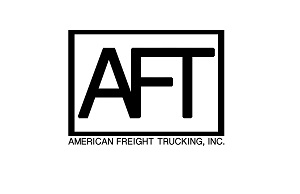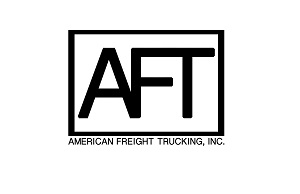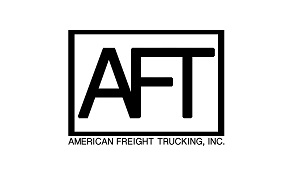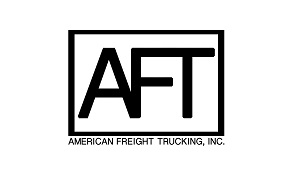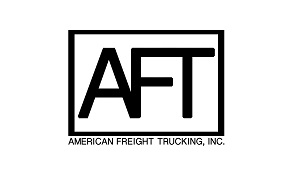Earnings Watch: UPS Reports Loss, Paccar Earnings Fall

Despite increased revenue and freight volume, parcel delivery and trucking company UPS Inc. on Tuesday reported a loss in the fourth quarter of 2016.
The net loss of $239 million, or 27 cents per share, compares to net income of $1.3 billion, or $1.48 per share, in the final three months of 2015. Total revenue increased 5% to $16.9 billion as the company delivered 1.4 billion packages during the quarter, 7.1% higher than a year earlier.
According to the company, much of the reason for the loss was due to pension charges of $1.90 per share. When it and other one-time charges are excluded, adjusted earnings for the final quarter of 2016 were $1.63 compared to $1.57 a year earlier but 5 cents less than a consensus estimate by a poll of Wall Street analysts.
UPS' domestic package operation revenue increased 6.3% from a year ago to $10.9 billion while its adjusted operating profit fell slightly to $1.33 billion. Average daily shipments increased 5% to 19.6 million.
Its supply chain and freight business, which includes the mainly less-than-truckload carrier UPS Freight, saw a 2.6% increase in fourth quarter revenue over the same time in 2015, totaling $2.7 billion.
LTL revenue increased 2% to $604 million as the number of LTL shipments edged up 0.3% and gross weight hauled improved 2.1% Despite this, UPS had an operating loss of $139 million versus a fourth quarter 2015 operating profit of $187 million.
For all of 2016, UPS net income totaled $3.4 billion, down 29.2% from 2015 as total revenue increased 4.4% to $60.9 billion.
Paccar Net Income Declines 16.8%Meantime, in the truck and engine manufacturing arena, the parent company to truck marques Kenworth and Peterbilt, saw both its fourth-quarter and full-year 2016 profits fall due to lower truck deliveries in North America.
Paccar Inc. earned $288.8 million, or 82 per ...Read the rest of this story


